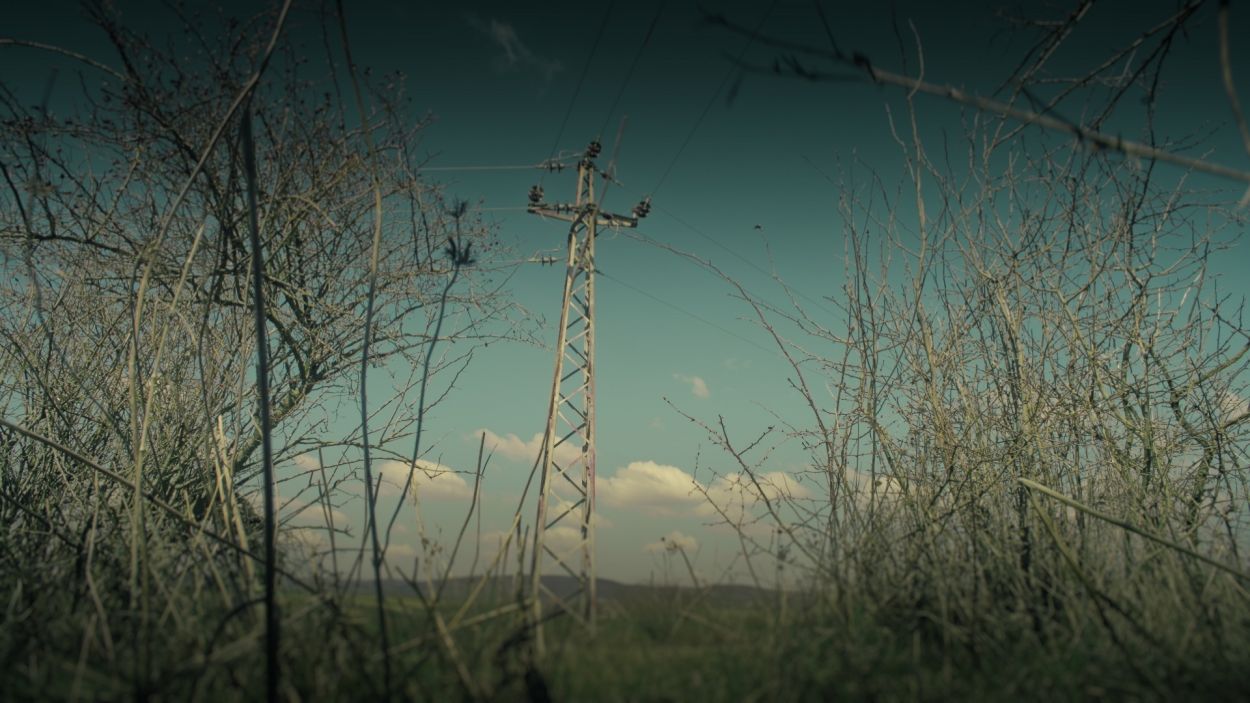The Bird Protection and Study Society of Serbia is a wide ranging activity. A few years ago, they started researching how many birds die on power lines.
Last year alone, 82 cases of collision were recorded, mostly in the vicinity of Kovilje marshes. As they say, birds often lose their lives during night migration, when the wires of the transmission line are almost invisible. Among them are some very rare and endangered species, such as the barn rooster, the small king snipe, the forest snipe and the spoonbill.
The Bird Protection and Study Society of Serbia and the Electric Power Distribution Serbia (EDS) monitor bird electrocution in order to improve conditions for nesting and feeding of certain species in nine areas along the Danube river. This is done through the international project for the prevention of bird electrocution on the power lines “Life Danube Free Sky”, with the participation of 15 partners from seven countries.
“In both projects, we have shown that citizens have a big role to play in nature conservation by being able to engage, unite and help survival of endangered species. We need people to know that there is a problem, to recognise it so that we can solve it together,” says Ružić.
The EU provides financial assistance to Serbia for the preservation of many plant and animal species, as well as untouched natural beauties. Through cross-border and transnational cooperation programmes, the EU has supported over 1,000 projects from Serbia with over 700 million euros.





